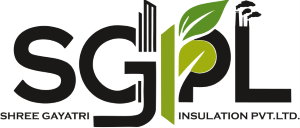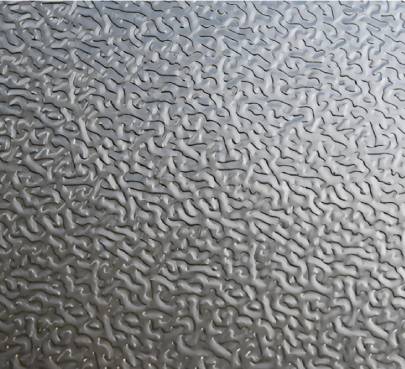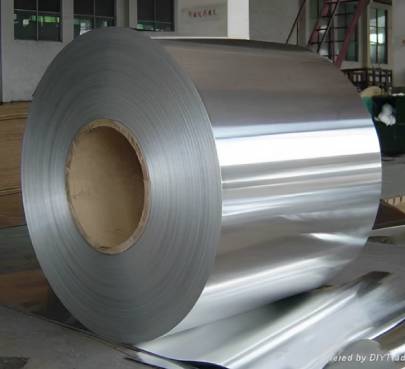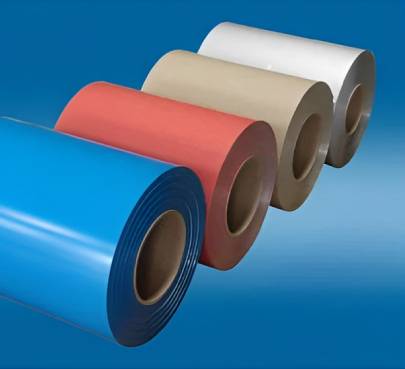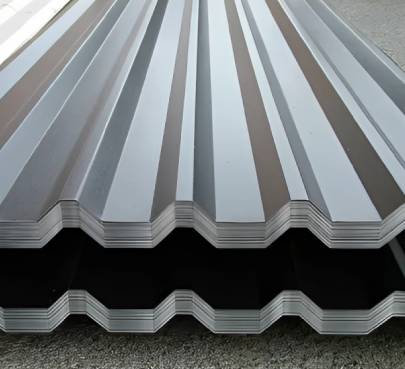Stucko
Stucco sheets, predominantly employed in metal insulation jacketing, are favored for their aluminum composition. Aluminum’s lightweight and corrosion-resistant nature make it a prime choice for insulation jacketing. Stucco sheets, in particular, possess unique characteristics that contribute to their popularity in this role. These sheets feature a rugged surface with an embossed pattern, reducing light reflection and glare while also providing enhanced mechanical strength due to the texture, which mitigates vibrations.
Typical Properties (Element Composition %)
| Element | Composition Range |
| Magnesium (Mg) | 1.0% – 1.50% |
| Hydrogen (H) | 0.0% – 0.70% |
| Silicon + Iron (Si + Fe) | 0.0% – 0.60% |
| Cobalt (Co) | 0.05% – 0.20% |
| Total (Others) | 0.0% – 0.15% |
| Zirconium (Zr) | 0.0% – 0.10% |
| Other (Each) | 0.0% – 0.05% |
| Aluminium (Al) | Balance |
Stucco sheets, with their rugged texture and aluminum composition, are prized for their longevity, ease of handling, corrosion resistance, and suitability for thermal insulation. They are a preferred choice for various applications, including metal insulation jacketing.
Advantages
- Extended Lifespan: Stucco aluminum sheets boast an impressively long service life and require minimal maintenance over their operational lifespan.
- Ease of Fabrication: Aluminum's non-brittle nature simplifies the fabrication process, ensuring that these sheets do not break or crack during or after installation.
- Corrosion Resistance: Aluminum excels in resisting corrosion across various environments, preserving its aesthetics throughout its usage. It remains highly resistant to corrosive elements, including fumes and vapors from organic compounds, as well as chemicals like Ammonia, Carbon Dioxide, Hydrochloric Acid, Nitric Acid, and Sulfuric Acid, even in highly corrosive industrial settings.
- Enhanced Thermal Insulation: While aluminum conducts heat effectively, the rugged surface and low reflectivity of stucco sheets offer a unique appearance and contribute to their suitability for interior fabrication, aiding in thermal insulation.
- No Creep or Damage: In contrast to heavier materials like lead and zinc, aluminum possesses the strength to support its own weight under varying temperature conditions without experiencing creep or damage.
